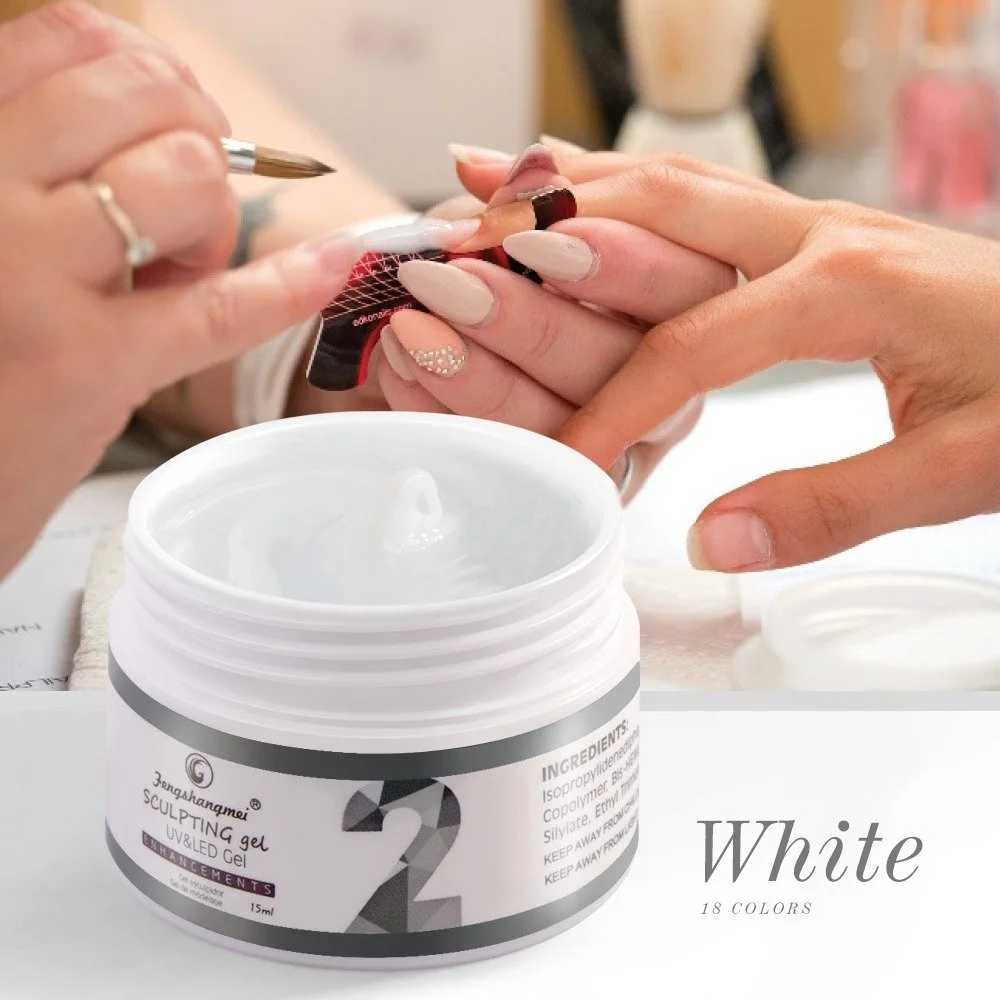Rabat – The European Union has issued a decision banning the use of certain chemicals in semi-permanent nail polish, effective September 1, to protect consumers from the health risks associated with these cosmetics.
This decision comes after TPO (Trimethylbenzoyl Diphenylphosphine Oxide,) which is used in semi-permanent nail polish as a “photocatalyst,” was classified as a carcinogen and a reproductive disruptor under the European Chemicals Regulation (ECC.)
Several doctors have confirmed the direct link between nail gel drying devices and an increased incidence of skin cancer.
They also note that the rays used by these devices alter DNA structure and even alter the body’s systems that help combat cancer cells.
Doctors have warned against the repeated use of these devices, as they rely on UV rays for drying and setting, which are considered carcinogenic.
They also point out that the danger lies in nail gels, which can cause weak and brittle nails.
TPO is a key ingredient in semi-permanent nail polishes and UV gels, giving them a hard, shiny finish upon exposure to UV lamps. However, the health risks associated with it have prompted the European Union to adopt a comprehensive ban on its use in the cosmetics sector.
Read also: Ayoub Layoussifi Brings Passion and Tradition to Marrakech Short Film Festival
The effects of TPO on the skin and respiratory system are primarily caused by skin irritation or allergic reactions when the uncured material (the wet gel before it hardens) comes into contact with the skin.
Dermatologists warn that repeated exposure to gel nail polish containing TPO may lead to contact dermatitis (eczema) in some users. In severe cases of allergy, onycholysis has been reported as a result of an allergic reaction.
Regarding the respiratory system, inhalation of vapors or volatile fine particles of this substance can cause adverse effects on general human health, particularly on the reproductive system.
Toxicological evaluations indicate that prolonged or intensive exposure to TPO may adversely affect the reproductive system.
The ECHA noted strong evidence based on animal studies that this substance can harm fertility when exposed to large quantities or for long periods in laboratory experiments.
The decision is expected to pose logistical challenges for professionals in this field. However, some global brands have recently begun offering safer alternatives, including TPO-L, which promises similar efficacy without the health risks.
Experts confirm that this move could mark a turning point in the cosmetics market by enhancing health transparency and directing consumers toward safe and effective options. This could also gradually impact markets linked to the European market.
Health experts say the ban is a critical step toward safer beauty standards, urging consumers and professionals to switch to non-toxic alternatives. As awareness grows, this move is expected to reshape the cosmetics industry by prioritizing long-term health over short-term aesthetics.
















